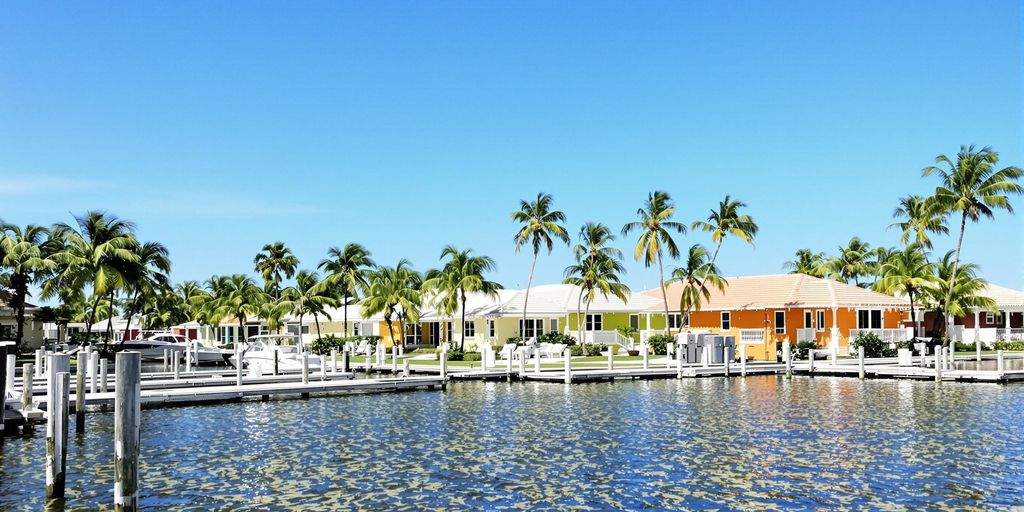Cape Coral’s housing market is currently under intense scrutiny, with some reports labeling it the "worst in America" due to significant price declines. However, local real estate experts and associations are pushing back, arguing that the market is undergoing a natural correction after an unsustainable pandemic-era boom, rather than a crash reminiscent of 2008.
Cape Coral’s Housing Market: A Tale of Two Narratives
Recent analyses, including data from Cotality (formerly CoreLogic), indicate that Cape Coral has experienced the largest year-over-year decline in home prices among the top 100 markets, with a significant -6.5% drop. This has led to concerns about a potential market crash, with prices returning to spring 2022 levels. Florida as a whole has seen negative home price growth, and all five U.S. markets with the highest risk of price decline are located in the state.
Expert Rebuttals: Correction, Not Collapse
Local real estate professionals and organizations, such as the Royal Palm Coast Realtor Association (RPCRA) and Florida Gulf Coast Multiple Listing Service (FGCMLS), contend that the narrative of a collapsing market is misleading. They argue that the current situation is a natural market correction following an unprecedented surge in prices during the COVID-19 pandemic. Key points from their rebuttal include:
- Price Normalization: The median sale price in Cape Coral in June 2025 was $361,975, compared to $355,000 in October 2021, indicating a relatively stable pricing trend over four years, not a steep decline.
- Increased Inventory: While inventory has significantly increased (from 773 homes in October 2021 to 3,046 in June 2025), the median price has held steady, and buyer activity remains consistent.
- Balanced Market Shift: The market has shifted from a strong seller’s market (1.3 months of inventory in October 2021) to a more balanced one (7.3 months of inventory in June 2025), which offers buyers more options and negotiating power without signaling distress.
- Low Foreclosure Activity: Contrary to crash indicators, foreclosure activity remains minimal, with only 27 homes listed as foreclosures as of July 2025.
Distinguishing from the 2008 Crisis
Experts emphasize that the current market dynamics are fundamentally different from the 2008 housing crisis. The 2008 crash was largely fueled by subprime mortgages, speculative buying, and a lack of regulation. Today, stricter lending guidelines are in place, and the current downturn is attributed to factors like high mortgage rates, increased inventory, and broader economic uncertainties, rather than widespread mortgage fraud.
Key Takeaways for Buyers and Sellers
- For Sellers: Realistic pricing and preparedness for negotiations are crucial. Highlighting unique home features can attract buyers.
- For Buyers: The current market offers more negotiating power and a wider selection of homes. However, diligent research and sound financial planning remain essential.
While challenges like rising insurance premiums and the lingering impact of Hurricane Ian persist, local experts believe Cape Coral remains an attractive market with long-term potential, offering opportunities for both buyers and savvy investors.
Sources
- Is Cape Coral the Next Florida Housing Market to Crash?, Norada Real Estate Investments.
- wsj.com, WSJ.
- Royal Palm Coast Realtor Association responds to Wall Street Journal’s portrayal of Cape Coral Housing
market, Cape Coral Breeze. - Agents say Cape Coral’s housing market is correcting, not crashing, HousingWire.
- Ground Zero for 2008 Housing Market Crash Sparks Alarm Bells Again, Newsweek.


